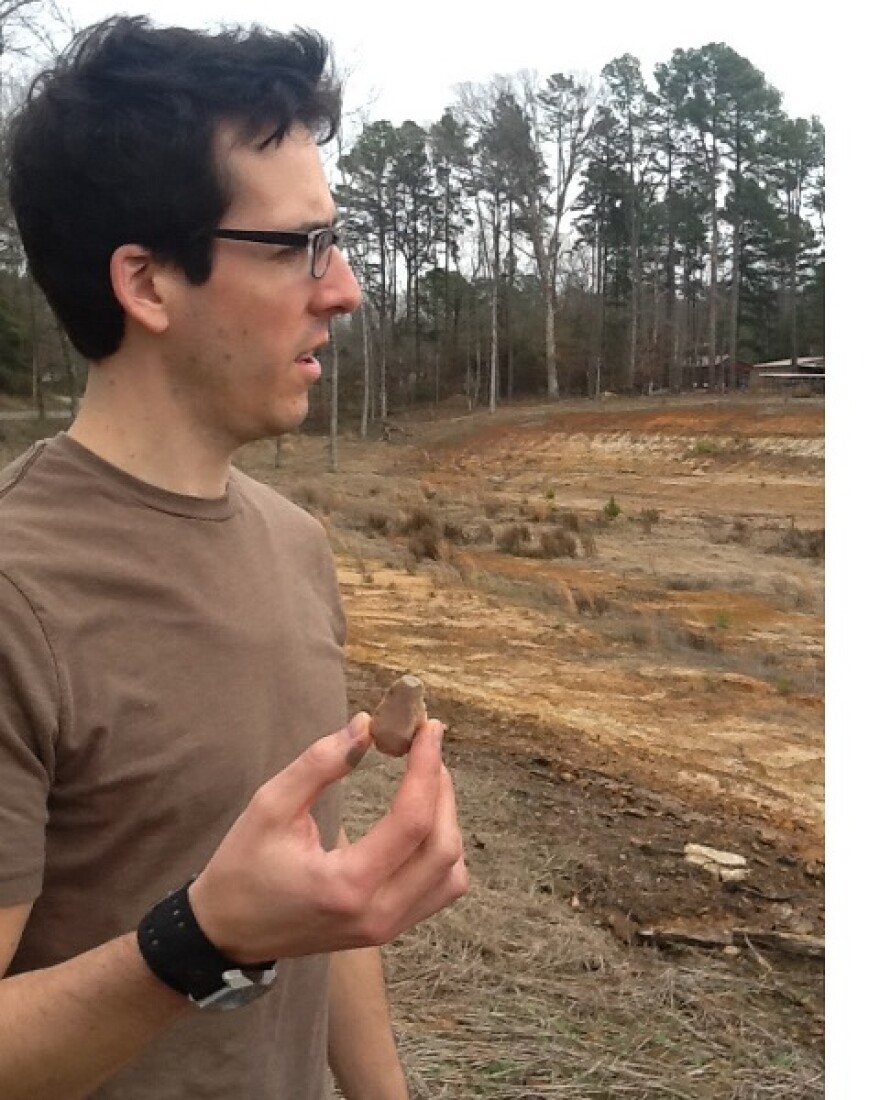A new graduate of Massachusetts Institute of Technology wrote an article in the new issue of a newsletter for civil engineers that demonstrates how Union County, Arkansas, found a solution to the rapidly declining Sparta Aquifer. It’s a success story that’s now 16 years in the making.
Robert Sowby, a fellow graduate student and his adviser traveled to El Dorado earlier this year to examine the Sparta Aquifer. Sowby was impressed to learn how residents, local industries, and government all pulled together to find a solution to the rapidly depleting water supply.
“In this kind of situation, most water boards would run to the government and say, Help us, we have a water problem. But that’s not what happened in Union County," Sowby said. "This was their problem. They said we can fund this. We can get partners. We can get the resources to take care of our own water resources, and we’ll make a solution.”
Union County approached its water problem as an economic development issue. More than a decade ago, residents imposed a countywide one-cent sales tax to generate funds that would yield a solution. That came when the three major industrial plants in El Dorado switched to using surface water from the Ouachita River through a 23-mile pipeline completed in 2004. Sowby was less intrigued by the pipeline.
“Too often, the engineering gets a lot of attention," Sowby said. "But, unless you have good public support and a way to actually execute the project, it won’t happen.”
Sowby is a project engineer for a water resources engineering firm in Salt Lake City. He completed his master’s degree last month. His article is published in the summer issue of Currents, the newsletter of the Environmental and Water Resources Institute of the American Society of Civil Engineers.
He said the Union County Water Conservation Board’s efforts in recharging the Sparta could be the impetus for future research at MIT. He also said it’s a solution that could be replicated in other communities around the world that face similar water challenges.


